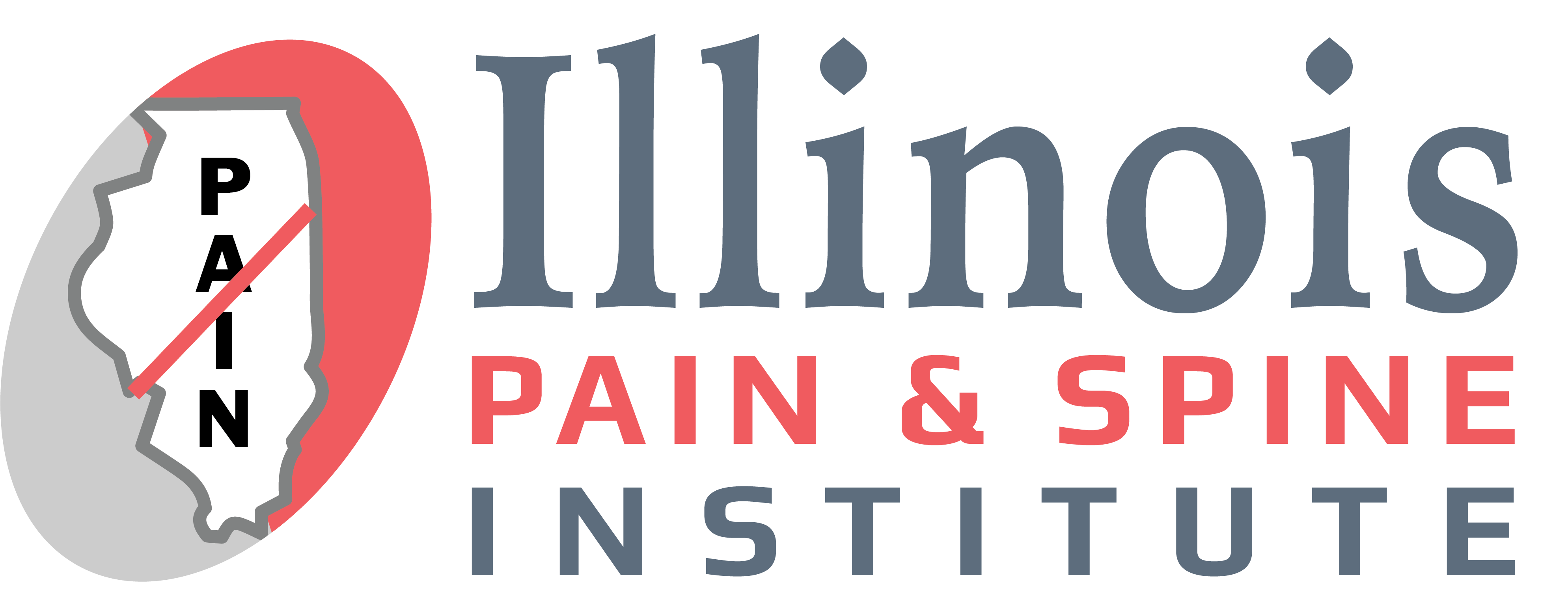07 May One President and His Debilitating Pain
Pain in the Presidency
Everyone has an opinion on what defines John Fitzgerald Kennedy (JFK). Only serving 1,000 days in office, he is defined as a civil rights pioneer, the man who believed that we could land on the moon, and the President who would lead the nation through the Cuban Missile Crisis. However, the 35th President of the United States is mostly remembered for his assassination.
Fifty years after his assassination though, JFK is still remembered for the legacy he left behind and how that day shaped our country. It has only been in recent years that we have learned about another side of Kennedy that only a few people saw. JFK went to great lengths to conceal his medical condition from the public; allowing only his friends, family, and aides to know that he struggled with chronic back pain.
Although the public couldn’t tell, Kennedy had been unwell for most of his life due to his chronic back pain. It was in November 2002 to when his full medical record was finally released to the public. Dr. Jeffrey Kelman, a Harvard-trained-board-certified physician with specialties in internal medicine, pulmonary medicine, and geriatrics, appeared on the PBS NewsHour to discuss President Kennedy’s medical history.
“John F. Kennedy was sick from age 13 on,” Dr. Kelman said. “In 1930, when he was 13, he developed abdominal pain. By 1940, his backs started hurting him. By 1944, he had his first back operation. By 1947, he was officially diagnosed [with] Addison’s disease.” In the meantime, his back pain was exacerbated by football injuries and a 1943 boat crash during his wartime service in the US Navy. “He was basically sick through the rest of his life,” Dr. Kelman continued. “He had two back operations, in 1954 and 1955, which failed. And he needed chronic back pain medication from 1955 through his White House years, until he died. He was never healthy… He was playing through pain most of the presidency.”
“By the time he was, president, he was on 10 to 12 medications a day,” Dr. Kelman maintains. “He was on antispasmodics for his bowel/muscle relaxants, phenobarbital, Librium, meprobomate, codeine, Demerol, methadone, oral cortisone; he was on injected cortisone, testosterone, and Nembutal for sleep. And on top of that, he was getting injected sometimes six times a day, six places on his back, by the White House physician, with Novocain, procaine, just to enable him to face the day.”
We’ve come a long way from the days when candidate Kennedy had to hide his disability, says Paul Gileno, president of the U.S. Pain Foundation, an organization he founded in 2006. Gileno knows firsthand about living with pain. “While I am proud to be the founder of a national pain organization, I consider myself a person with pain first,” he says. We’ve also come a long way in terms of diagnosing conditions that lead to chronic pain. Improved imaging quality is one of the biggest advancements in the field, says Dr. James North, MD an anesthesiologist and pain medicine specialist at Carolinas Pain Institute and assistant professor at Wake Forest Baptist Health.
In addition, he says, minimally invasive surgery – something JFK never had access to – is available today. So are neuropathic pain medications. “This is an entire class of drugs that wasn’t around 50 years ago,” Dr. North says. “A lot of Kennedy’s pain had become centralized and, therefore, more difficult to treat. Today’s neuropathic drugs may have helped.”
Paul Gileno is a history buff who has read extensively on JFK’s chronic back pain and how he kept it hidden. “It had to be hush-hush back then,” he says. “But in some ways, he was a role model for people living with pain today. I wish he’d been able to talk about it – to begin tearing down some of the barriers we face,” Gileno says.
Yes, President Kennedy suffered from debilitating pain and he took medicine for it, but he didn’t let it limit him. “If Kennedy can handle chronic back pain while being president, maybe others living with pain and navigating their workplace today, with the additional resources we have today, will be inspired to carry on,” Gileno says. Gileno advocates being up front at work about chronic pain. “We want people to own it,” he says. “Don’t be ashamed. You may even have to educate your boss: ‘I have this diagnosis. Here are my limits, but here are all the things I can do.’”
If you suffer from chronic back pain or any type of pain condition. Get the help you need to feel better! Learn more about the conditions we treat at IPI by clicking the link here. If you wish to schedule an appointment, call us by phone at 1.(800).340.PAIN or contact us by clicking the link here.

